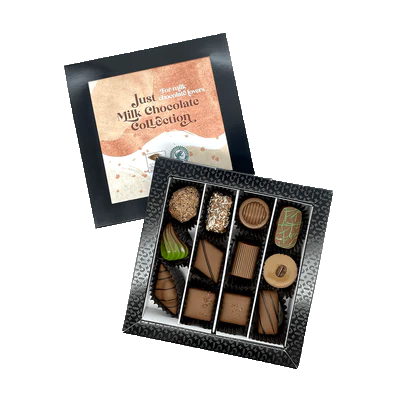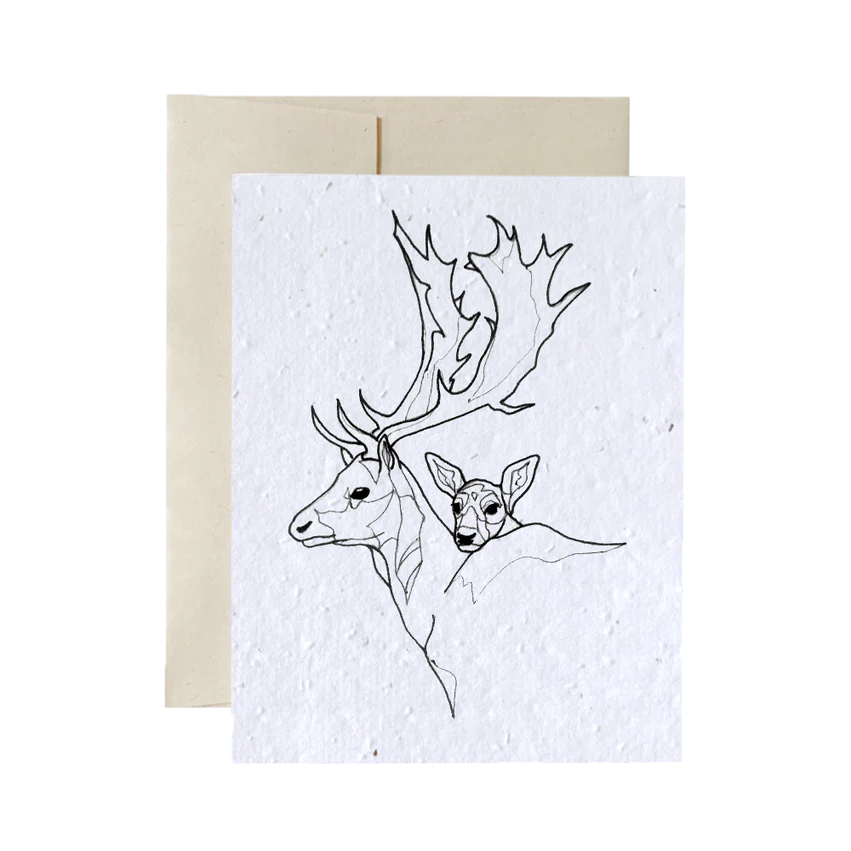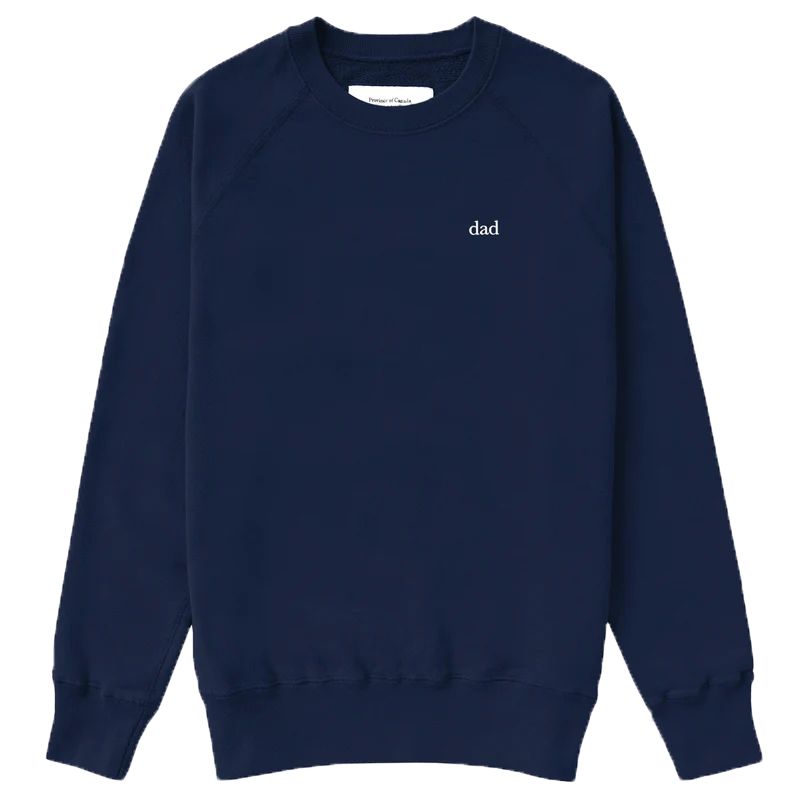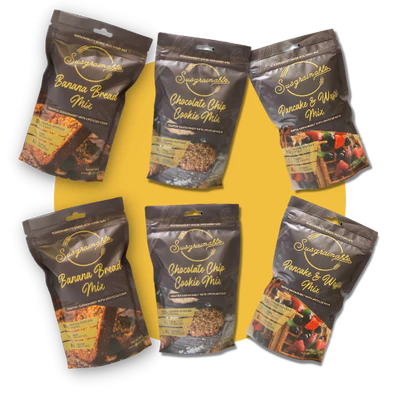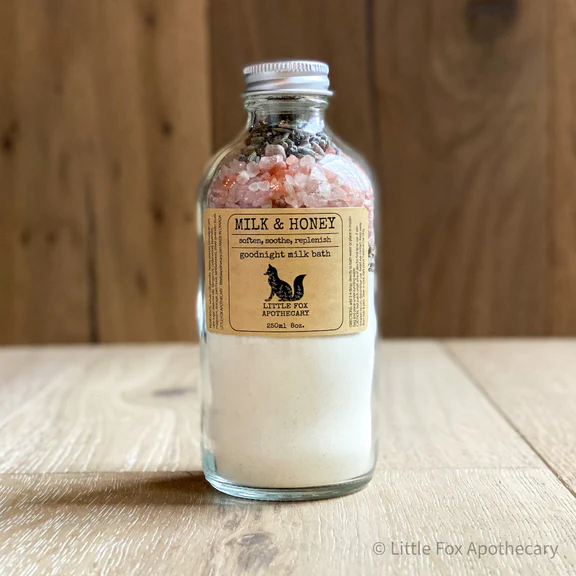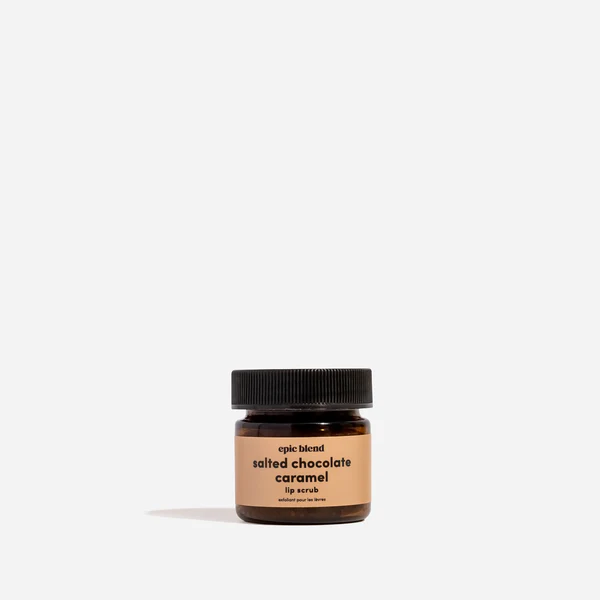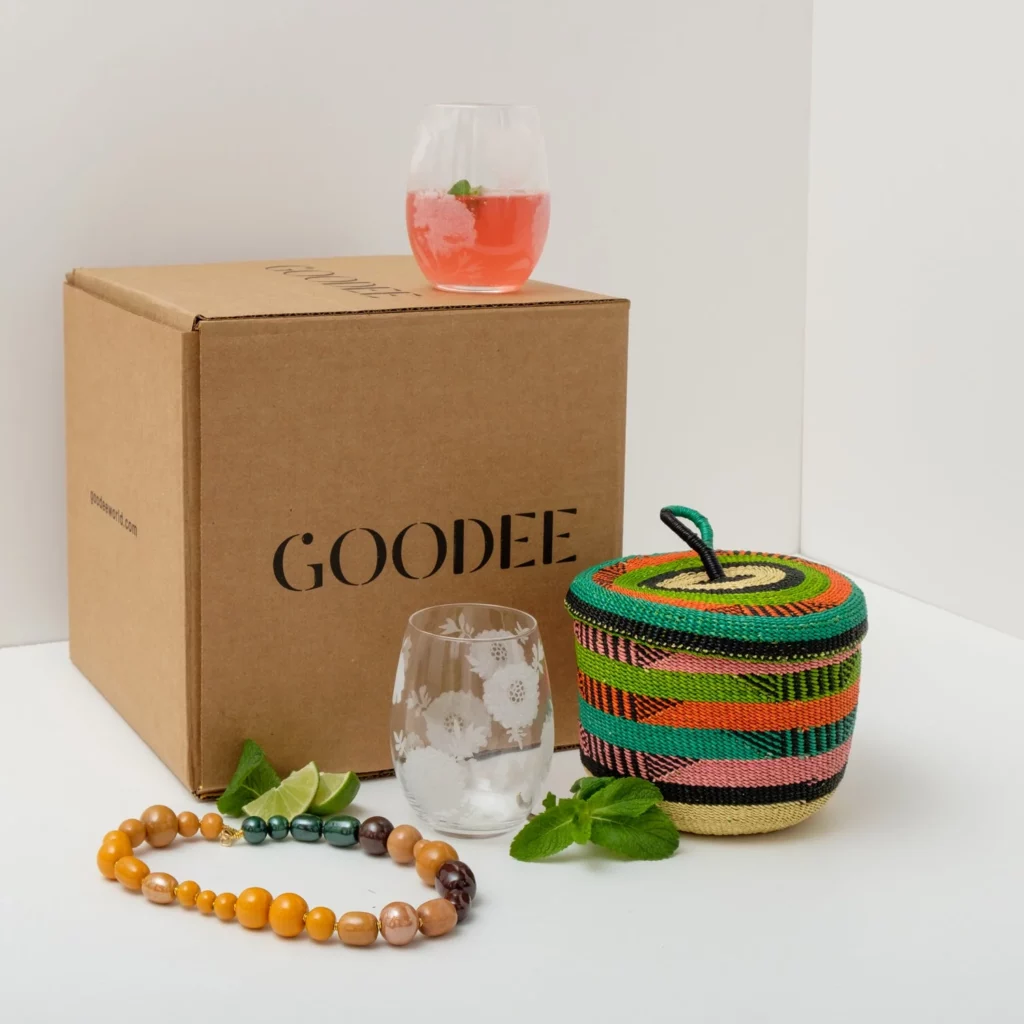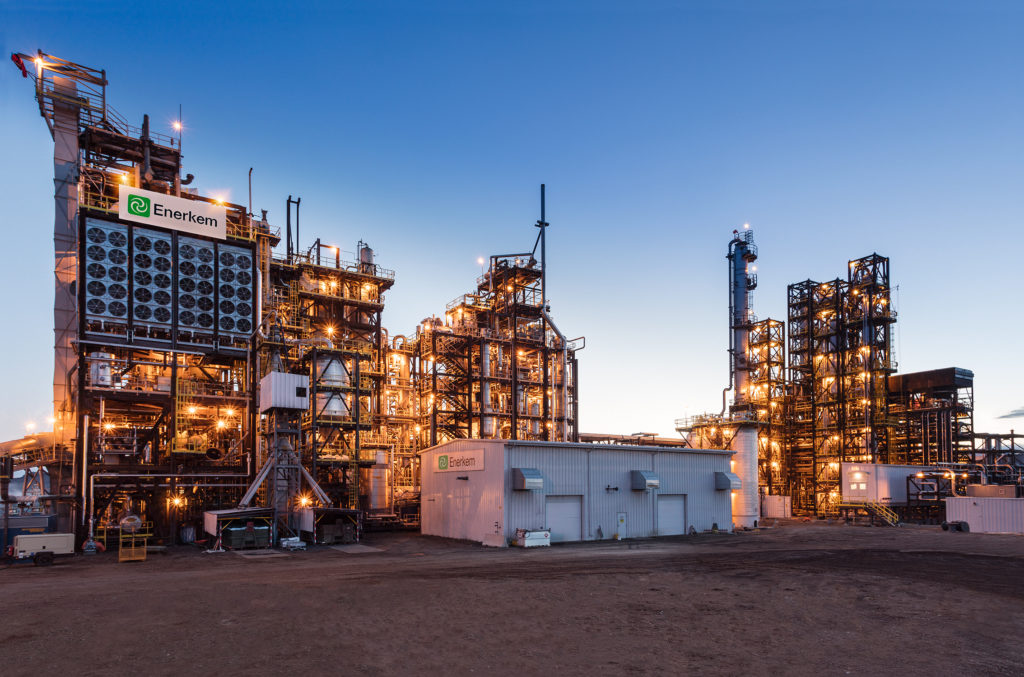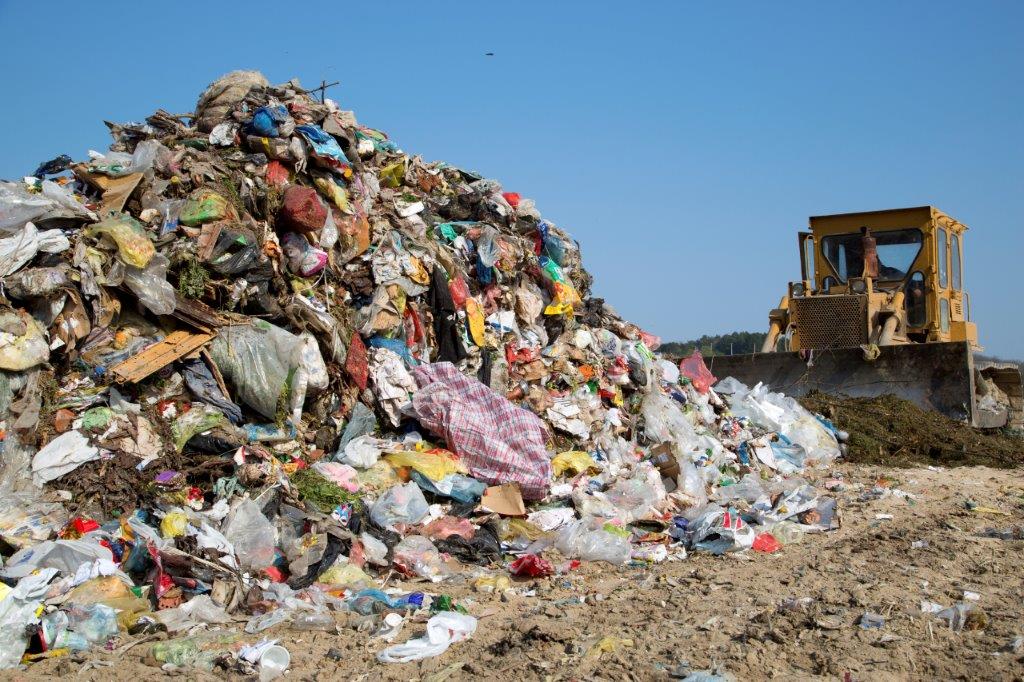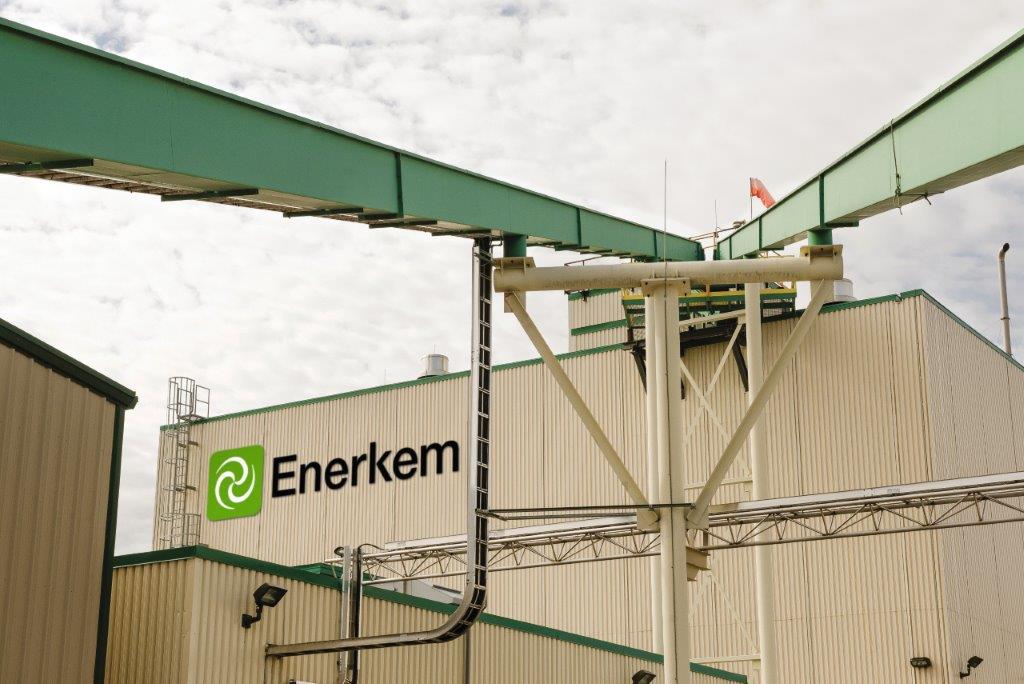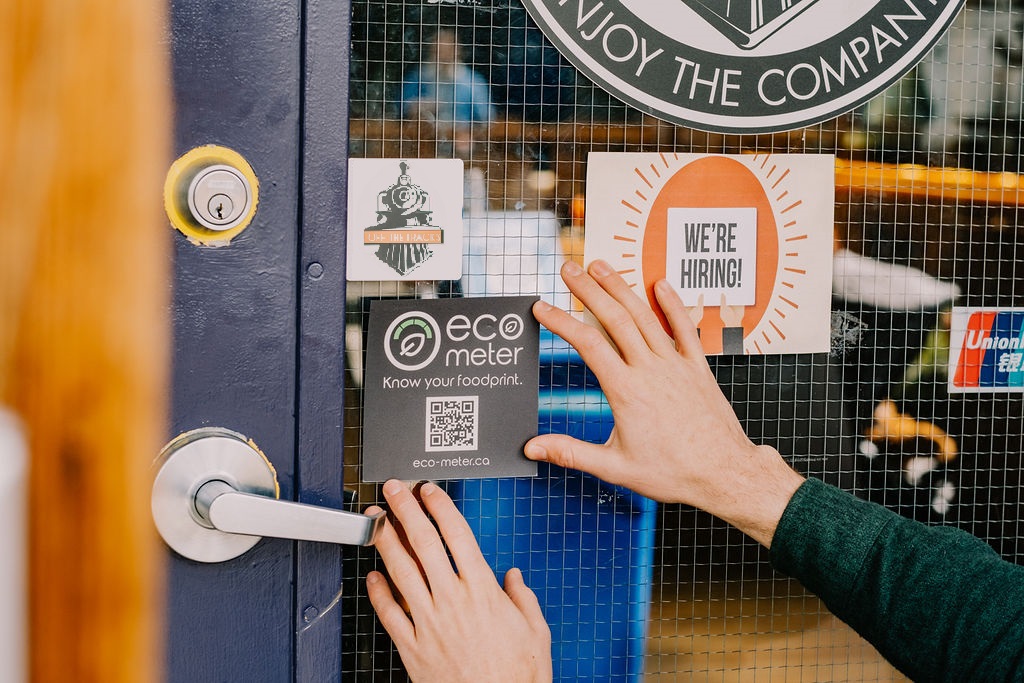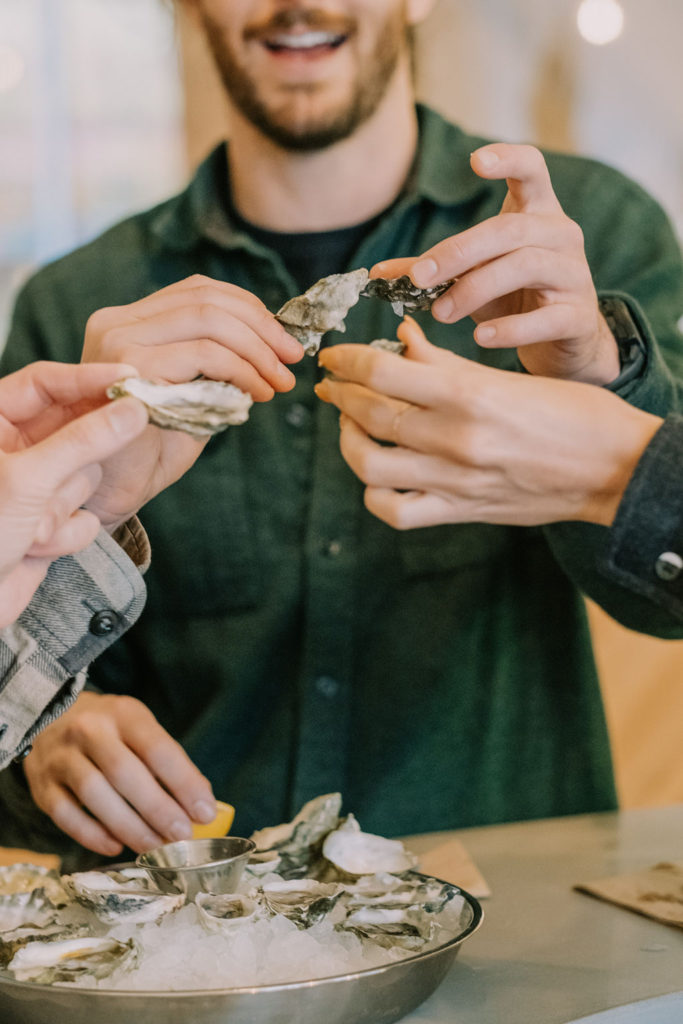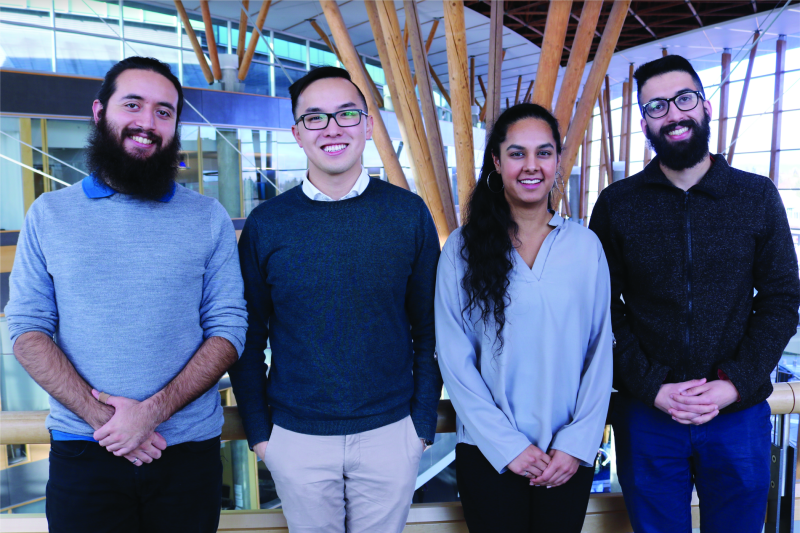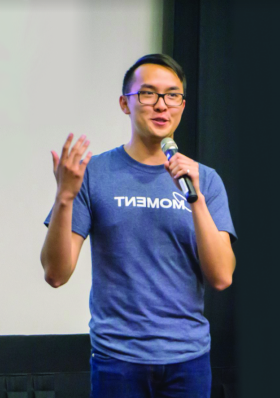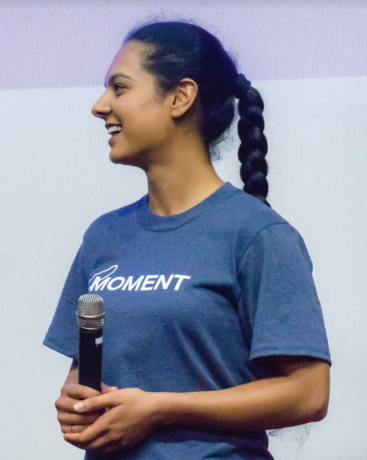Sparx Publishing Group is not your typical digital marketing agency — we’re a team of purpose-driven marketers on a mission to make the world better. And the journey toward better begins with walking our talk.
We don’t just amplify the efforts of purpose-driven organizations; we are purpose-driven. We don’t just champion diversity; we are diverse. We don’t just offer marketing services; we believe in being good at what we do for others by doing it for ourselves.
Here are the core traits that make Sparx, Sparx and empower us to live out marketing with purpose, every day.
We’re Purpose-Driven
Our story began over 10 years ago with a spark of an idea to level the playing field for Canadian self-directed investors via a free online resource called Sparx Trading. To reach and engage this audience, we grew a passion for creating content marketing that has a positive impact on people and planet.
Sparx has come a long way from our humble beginnings. We have since expanded into a purpose-driven marketing agency dedicated to working with companies and organizations who are thoughtful and intentional about making the world a better place. For us, quality, attentiveness to detail, and innovation are reflections of our principles and key aspects of delivering on our purpose. And since our values are so integral to who we are, we want to work with other values-aligned organizations to make their impact shine, amplify their good, and help ignite the spark in other individuals and businesses to be purpose-driven.
Every member of the Sparx team is invested in driving positive change.
We’re a small team with big dreams, and the biggest one we all share: to make the world better. This is exemplified in our initiatives, Make The World Better Day, which grew out of a place of both loss and hope, and our publication, Make The World Better Magazine, where we amplify the voices of changemakers because we’re inspired by their stories and are rooting for their success.
But making the world better is more than just a dream — it’s a mission we’re working to advance in our day-to-day work too. That’s why all our content is crafted with purpose, as evidenced by our blog, our commitment to the UN Global Compact’s Sustainable Development Goals, our enrollment in the United Way Social Purpose Innovators Program, our circular economy spin on Secret Santa, and the marketing work we’ve done for organizations like Sea Smart and Galt Foundation.
We also participate in various initiatives that enable us to give back and help others, such as Movember, Kiva loans, and our personal seasonal gifting practices, where we donate funds to causes that are important to our clients. As of 2021, this gifting practice has led us to jointly donate a total of 5,000 meals to various local food banks across Canada and the US and to amplify donations to the Hospital for Sick Children in Toronto and a local humane society in Florida.
Beyond traditional marketing goals, our purpose-driven communications also reflect our belief that being equipped with the right knowledge is another critical part of making the world better. By sharing our takeaways from purpose-driven events we’ve participated in, such as Brand Battle For Good and Make The World Better Day, and raising awareness of mission-aligned recognition days, observances, and organizations through social media and in our newsletter, we hope to inspire others, hold ourselves accountable, and spark meaningful conversation.
We’re Diverse
As a CAMSC-certified minority-owned and -led organization, our team is certified diverse. We’re open to new ideas and every staff member is encouraged to bring their unique perspectives to the table. We’re passionate about amplifying diversity and applying our diverse set of backgrounds and experiences to drive innovation and create marketing that speaks to the plurality of the places we live and the audiences we serve.
Championing diverse voices and learning about identities different from our own is incredibly important to us. As open-minded marketing experts, we want to help others communicate their diversity story and to do our utmost to help further the diversity, equity, and inclusion (DEI) cause.
One way we’re championing diversity is through Make The World Better Magazine. Our fifth edition, which launched in July 2023, is the Diversity, Equity, and Inclusion issue. We’re so thrilled to share the inspiring stories of organizations and individuals who are helping to make the world more diverse, equitable, inclusive, and accessible.
Since DEI is a central part of who we are and our purpose-driven communications, we will continue to seek more ways to incorporate it into our Sparx-owned marketing and to amplify more and more diverse voices. As we learn and grow, we will continue to share our DEI learnings, pitfalls, and wins with our audience in the hope of making our own diversity story better.
We Offer Services That We Use Ourselves
At Sparx, we invest time, energy, and resources into our own marketing because we believe in being good at what we do for others by being good at it for ourselves.
Our expertise is first-hand — we’re professionals who work in the marketing space, so we know the problems, limitations, and opportunities different workflows bring to client work. Not only does this increase our adaptability and ability to plan, scope, and execute effectively, it enables us to create the best work possible for our clients as we’re constantly refining our processes and skills in our owned brand marketing efforts.
Everything we do is tried-and-true, and we dedicate ourselves to making the best content, solutions, and strategies possible for us and our clients. We will never deliver solutions we would not feel proud to use for Sparx.
Whether it’s building websites, blog posts, whitepapers, downloadable guides, marketing collateral, advertisements, brand guides — you name it — we’ve done it for ourselves. This includes:
- Publishing our own magazine, Make The World Better Magazine and doing this as a service for clients as well, including Canadian Securities Exchange Magazine.
- Maintaining and regularly crafting new content for our blog and extending this service to our clients, which can be seen in the one-time, series, and monthly blog posts we made for Galt Foundation.
- Staying active on our own social media channels and building, publishing, and managing social media content for our clients.
- Creating downloadable purpose-driven marketing guides, with adjacent marketing campaigns (ads, landing pages, email drip campaigns) to raise brand awareness, and offering this service to our clients as well, including TPD and Work With Us Foundation.
We’re also well-versed when it comes to data. The Sparx team uses data and analytics extensively to inform our decision-making to make sure our own campaigns work as effectively and efficiently as possible. We extend this to our clients in order to provide them with the data and solutions necessary to get the results they need, when they need them.
And since we know how to manage our workflows and pace ourselves properly, we always deliver quality results. Working against timelines and within budgets? We do that daily.
Conclusion
Walking our talk is an intrinsic part of Sparx because our team members bring a genuine interest, enthusiasm, and passion for the work they do. We’re driven by our purpose to make an impact, as we believe that it’s the right thing to do and that we should always bring our best. This unique combination of elements is what makes our brand special.
Are You Marketing With Purpose?
We’d love to work with your values-aligned organization. Contact us for a free consultation and to help market your one-of-a-kind impact story.
